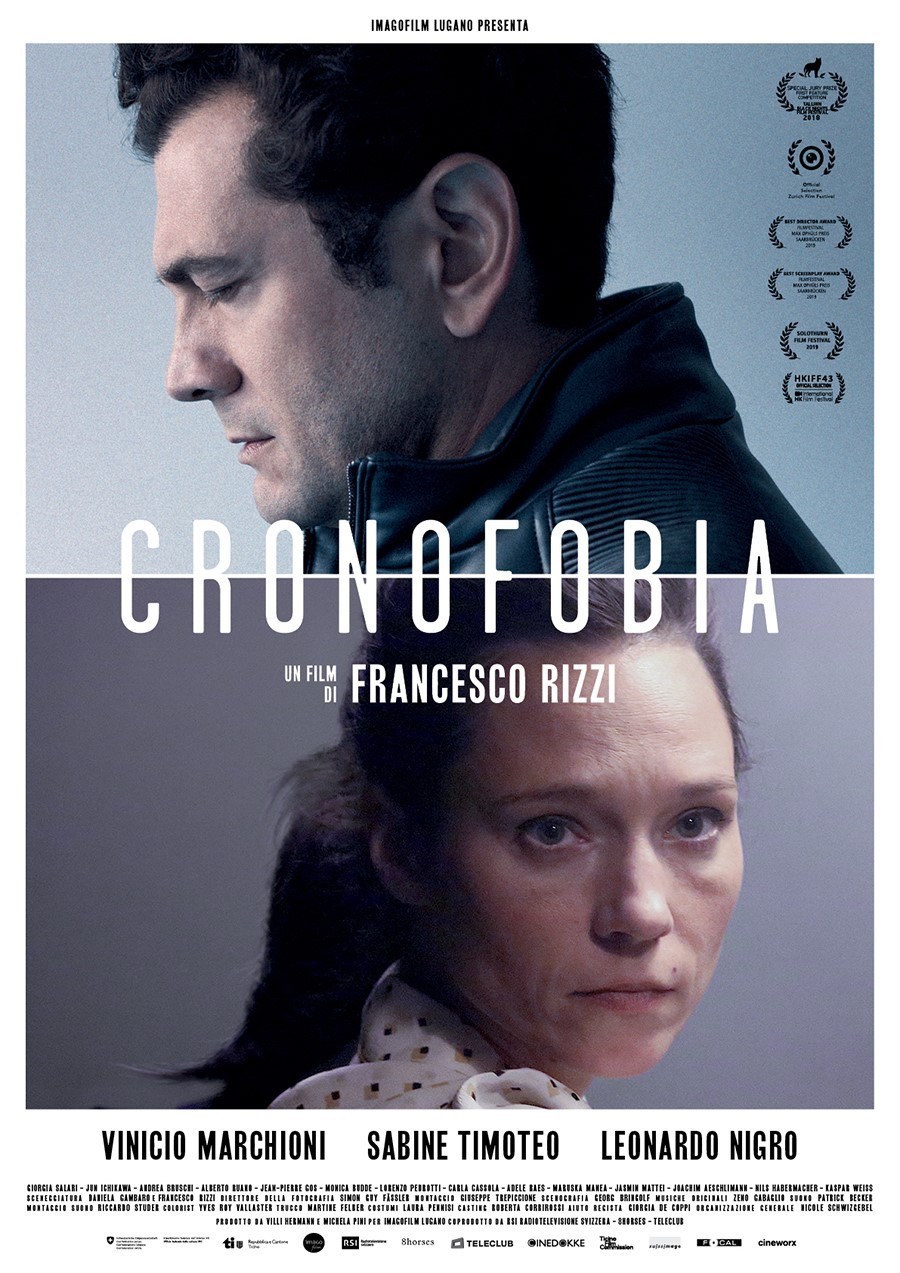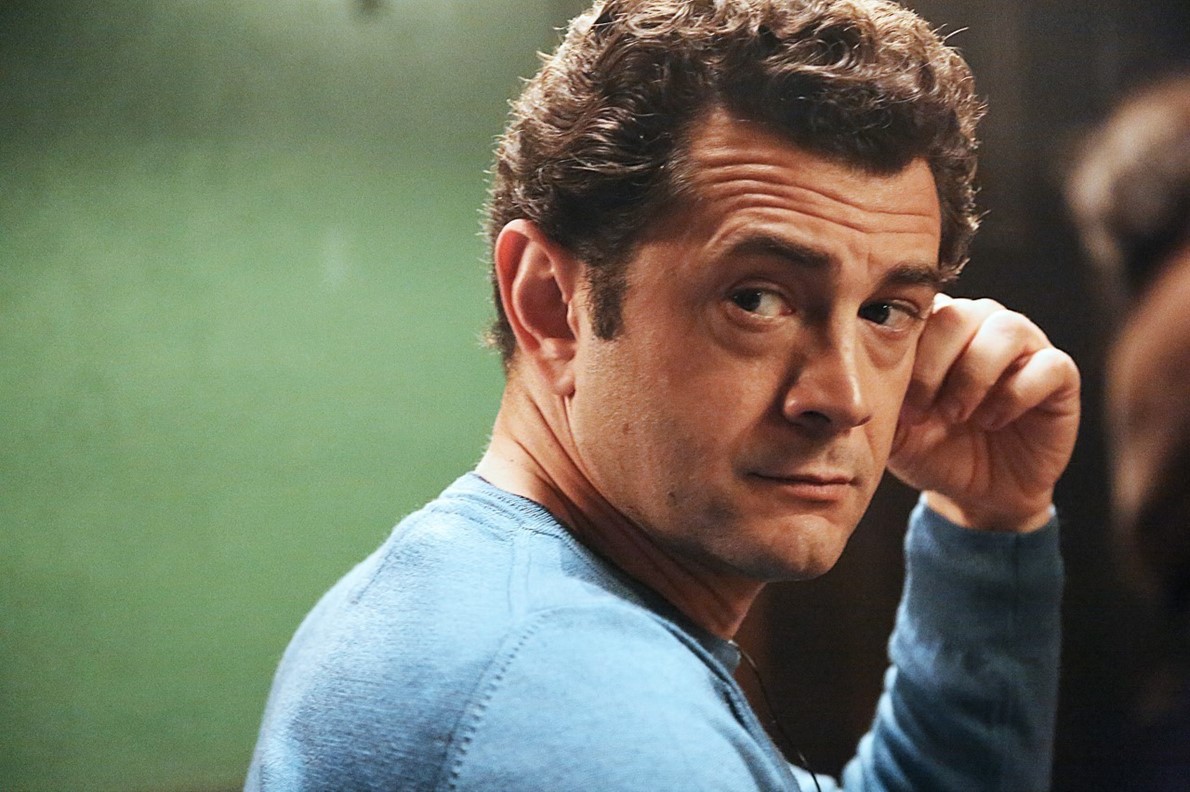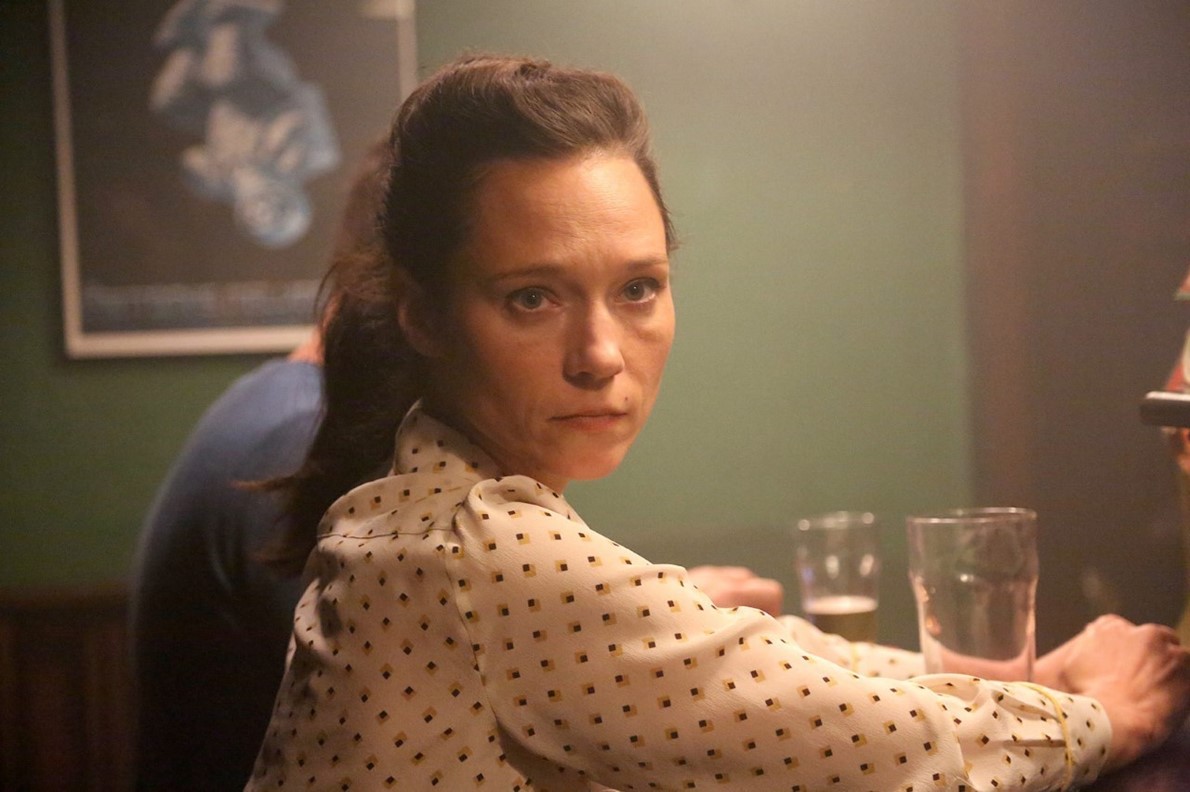A more than mysterious man, a psychologically disturbed woman,
an improbable meeting: these are the ingredients of disturbing strangeness that
make up the world of Cronofobia. With its skillfully maintained, hushed
suspense and subtle acting, the 2018 film by Swiss director Francesco Rizzi
keeps viewers spellbound from the start.
اضافة اعلان
In celebration of
“Week of the Italian Language”, Cronofobia will be screened today at Rainbow
Theater in Amman. The screening is being organized by The
Royal Film Commission, in collaboration with the Embassy of Switzerland and the Embassy of
Italy in Jordan.
Rizzi’s first
feature film, Cronofobia is clearly inspired in terms of settings, atmospheres,
and style by Paolo Sorrentino’s The Consequences of Love. The story revolves
around the figure of Michael, an enigmatic and solitary man who travels from
country to country (changing his appearance as he goes) to evaluate the quality
of service at hotels, restaurants, and shops.
In an ironic twist,
the man runs into Anna, a restless and tormented woman with insomnia problems.
The two begin a strange and disturbing relationship which sees them traversing
snowy streets at night in a van — the only solution for the woman’s
sleeplessness. Michael soon starts to frequent Anna’s house, and the two slowly
get used to sharing the silence of everyday life.
The camouflage of the ego
The film focuses on moments of quiet and unconvincing dialogues, giving
the impression that the director planned to take the path of evocative cinema,
but only partially succeeded.
If the screenplay
is the greatest and most evident limitation of this film, what shines is
excellent photography that partially redeems an otherwise disappointing work.
Chronofobia
questions the camouflage of the ego: the film is the story of the abandonment
of reality — of the subject’s complete replacement with a carefully chosen
mask.

The protagonist
Michael Suter (Vinicio Marchioni) is always wearing something fake: a beard or
mustache to hide his face. In this way, Michael moves incessantly through
aseptic geometries and bars with no identity, meeting anonymous faces and honey
smiles illuminated by icy neon lights. His existence is nourished by fictions:
a perennial investigation into the surface gestures of others and their most
artificial appearances.
 Vinicio Marchioni in Cronofobia
Vinicio Marchioni in Cronofobia
Yet, Rizzi allows
hope to emerge in the course of the film: if in this no-time and in these
non-places we can only represent wandering figures in solitary, at least these
solitudes can share the same plane of existence. Michael thus meets Anna
(Sabine Timoteo), an equally mysterious and problematic woman relegated to the
“prison” of the past, to moments that prevent her from progressing in life.
Cold silence
The cold chromatic scale and the soundtrack, featuring both music by
Zeno Gabaglio and silences punctuated with the sound of rain, distill an oppressive
atmosphere. First, a silhouette of a man in a swimming pool is seen from a low
angle at the bottom of the pool. Then, a man (the same?) is in a vehicle on a
quiet road, on a cold night. We see him behind his windshield, observing a villa.
Behind the half-open shutters, the silhouette of a woman is glimpsed. She then
leaves the house to go for a run. The man follows her, and watches her stop
just before the railway line to scream at the passage of the train.
 Sabine Timoteo in Cronofobia
Sabine Timoteo in Cronofobia
This succession of
brief sequences and tight editing put viewers on the lookout. We find the man
in a barber shop; he sticks on a false mustache and goes to a watch shop where
he plays a murky game with the saleswoman. Then, he appears again in front of
the villa and rings nervously at the gate as the woman watches through the
skylight, not willing to open the door.
The title is
already a question in itself, and with this stilted start, the viewer
hesitates. Is it a film noir, the chronicle of a psychopath, or an urban road
movie? The ambiguity is maintained, and the keys to this enigma are offered as
late as possible.
A mock relationship
Little by little, we learn that “he” is Michael Suter, traveling the
country in his white van. Anna, meanwhile, is traumatized by violent mourning.
Between these two beleaguered beings, a relative trust is woven. He is the
first person she allows to enter her house, filled with memories of the
deceased.
Anna is not looking
for a real relationship; it is rather a diversion from the insomnia. In one scene,
this is apparent when she only lets Michael touch the cigarettes of her
deceased husband, if he agrees to rehearse the dead man’s smoking gestures.
These specificities
allow for the inception of communication, but also determine its limit. The
relationship will remain a sham, as the characters’ words attest. “I don’t want
to know who you are, no personal question,” says Anna. Michael also plays the
game: “I like being able to feel like a foreigner.” He reveals that, since his
birth, he was been destined to be a replacement; his parents had given him the
first name of his deceased older brother.
The first script
The two actors masterfully infuse density into the story. Sabine Timoteo,
on edge, exudes a particular sensitivity. The director chose an actress capable
of a childish, vulnerable, and aggressive — almost wild — performance. For his
part, Vivinio Marchioni, awarded twice in Italy for this role, excels in
conveying a rich interiority. In an economy of gestures, with eloquent looks,
he gives depth to silences. Rizzi had also thought of this actor early on.
Despite the
inevitable failure of the relationship and the dramatic tension – also due to
Michael’s completely indirect role in the death of Anna’s husband – a glimmer
emerges at the end of the story. The two protagonists have evolved through this
impossible romance, helping to put each other back on their paths. Somehow,
Michael helped unbind Anna from her past and his experience with her seems to
have refocused him. As he rediscovers the desire to be himself, Michael
occupies more of the center frame.
The moments of the
couple, simulations of coexistence themselves, are filled with silences,
gestures, and confessions. Love, the first script that we learn to act in life,
is here charged with restoring a space for the other, opening the door to the
possible and the new, regaining a place as a protagonist in the world, and
finally in overcoming ‘chromophobia’ itself — the fear of the passing of time.
Read more Reviews
Jordan News



